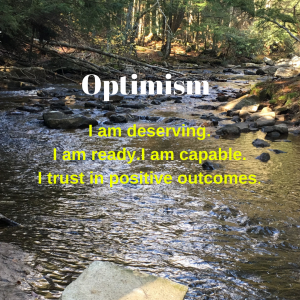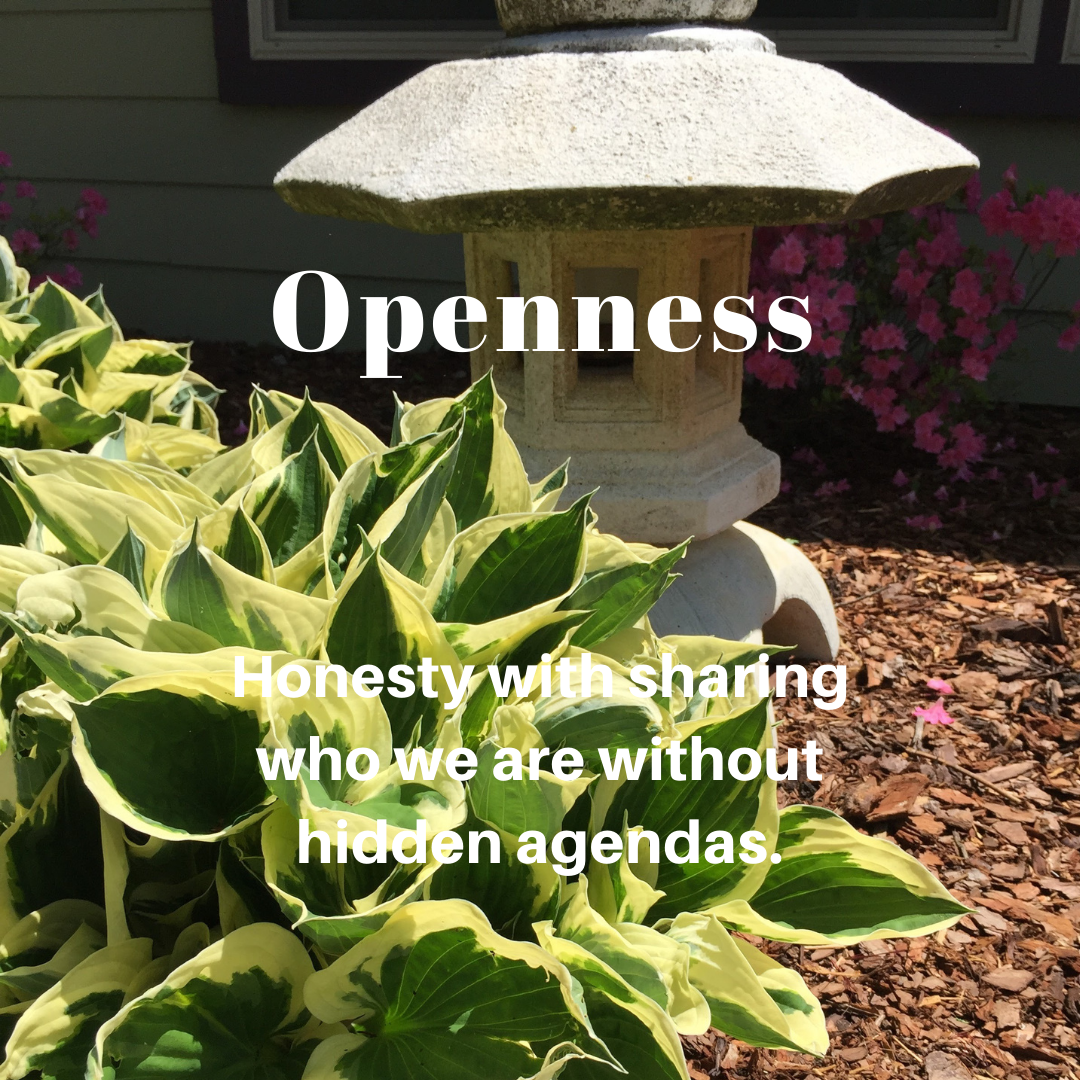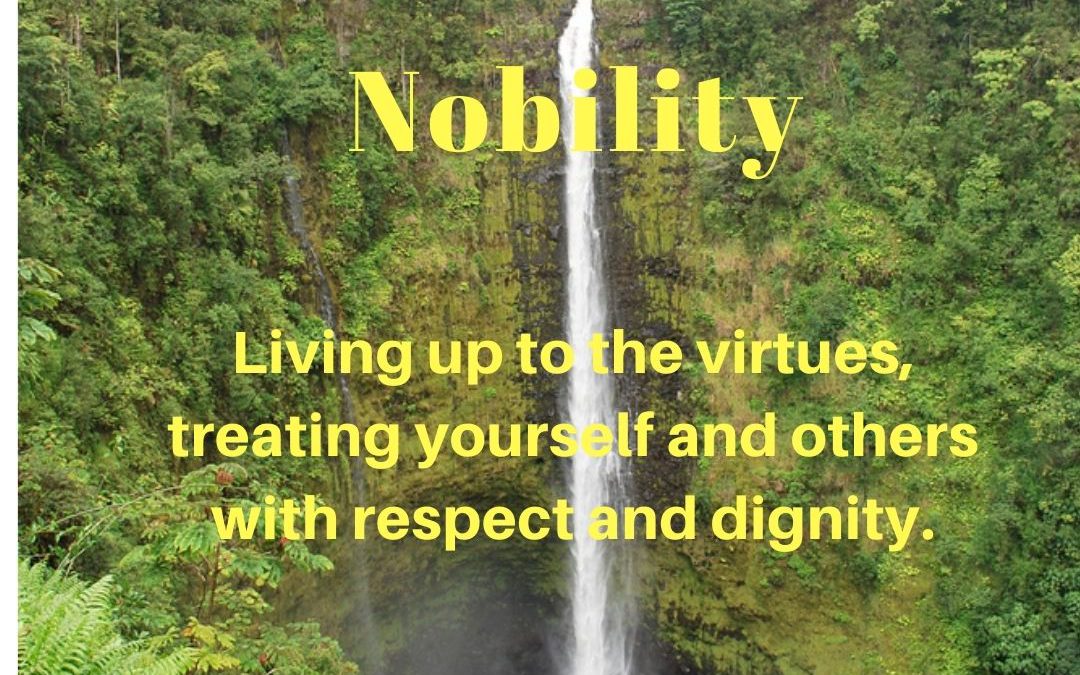
Perceptiveness
Description

Perceptiveness is the virtue of seeing beyond the surface and understanding situations, people, and challenges with clarity and insight. It involves attentiveness to details, reading between the lines, and recognizing the underlying emotions, intentions, or dynamics at play. Perceptive individuals are keen observers, able to discern what is not immediately obvious, making them thoughtful and empathetic.
This virtue encourages us to listen more deeply, notice what others may overlook, and respond with wisdom. It’s not just about intellectual sharpness but also about emotional intelligence—being attuned to the needs and feelings of others. In relationships, perceptiveness fosters meaningful connections, as it allows us to understand people on a deeper level and support them in ways that resonate with their true selves.
Perceptiveness also involves self-awareness. It helps us reflect on our own behaviors, thoughts, and feelings, enabling personal growth. By practicing perceptiveness, we make better decisions, avoid unnecessary misunderstandings, and cultivate a life of mindfulness and intention. Whether in work, family, or community life, this virtue empowers us to navigate complexities with grace and insight, making the world around us a little clearer.
Affirmations for Perceptiveness
1. I listen with full attention and presence.
This helps by training the mind to focus on the speaker, allowing it to pick up on subtle cues in their tone, body language, and words.
2. I seek to understand before being understood.
This encourages patience and empathy, allowing space to fully grasp others’ needs and feelings before responding.
3. I observe the details that others may miss.
By reminding yourself to notice the small things, you sharpen your attention and develop an eye for the unspoken or overlooked.
4. I embrace silence and allow others time to express themselves.
This teaches that perceptiveness often comes from creating space for others to share more fully, deepening your understanding of their needs.
5. I consider how my words and actions impact those around me.
This builds awareness of how your behavior affects others, fostering sensitivity to their emotional states and needs.
6. I remain open to seeing situations from multiple perspectives.
By practicing openness to different viewpoints, you become more insightful and less quick to judge, enabling deeper understanding.
7. I reflect on what I’ve experienced to gain new insights.
This habit helps you cultivate deeper awareness by regularly examining situations to find hidden meanings or lessons.
8. I stay calm and grounded, even in difficult conversations.
Remaining calm helps you stay clear-headed and focused, improving your ability to pick up on emotional subtleties in tense moments.
9. I ask thoughtful questions to explore what others are feeling.
By asking questions, you demonstrate genuine interest in others’ thoughts and emotions, deepening your connection and understanding.
10. I trust my intuition to guide me in seeing beyond the surface.
Perceptiveness often involves trusting your gut instincts. Practicing this helps you tap into a deeper awareness that may not be immediately logical but can reveal important truths.
Quotes
“All, everything that I understand, I understand only because I love.” — Leo Tolstoy
“When you talk, you are only repeating what you already know. But if you listen, you may learn something new.” — Dalai Lama
“Close both eyes to see with the other eye.” — Rumi
Perceptiveness In Family Life
In a family setting, the virtue of perceptiveness manifests as an intuitive understanding and keen awareness of each family member’s emotional and physical well-being. Those who embody this virtue can sense changes in mood, unspoken needs, or underlying concerns that others may overlook. Through thoughtful questions, empathetic listening, and a watchful eye, they often serve as the emotional anchors of the family unit.
They’re not just hearing words; they’re tuning in to tone, observing body language, and reading between the lines to grasp the full context of a situation. This enables them to offer the “art of companioning” to initiate meaningful conversations that might otherwise go overlooked. This way, perceptiveness enriches familial bonds, deepening the trust and open communication vital to a thriving family life.
Balancing Virtues
Perceptiveness is a virtue that allows us to delve beyond the surface, seeking a deeper understanding of the world around us. Balance perceptiveness with these virtues:
-
-
- Empathy: Empathy balances perceptiveness by fostering genuine connection and understanding with others. It reminds us to not only perceive but also to truly empathize with the emotions and experiences of those around us, deepening our relationships and enriching our interactions.
- Humility: Humility tempers perceptiveness by reminding us that we do not have all the answers. It encourages openness to different perspectives and a willingness to acknowledge our limitations, preventing arrogance or overconfidence in our insights.
- Wisdom: Wisdom complements perceptiveness by guiding us to discern when to delve deeper and when to observe. It helps us apply our insights judiciously, ensuring our perceptiveness is grounded in sound judgment and understanding.
We nurture a holistic approach to understanding and engaging with the world by cultivating these balancing virtues alongside perceptiveness.
-
Joe is a husband, father, grandfather, author, speaker, educator, course creator, and parent/family coach.
He helps parents develop unity, find clarity, communicate, and develop consistency in their parenting with the Four C’s of Successful Families. You can find his work on social media.
In addition, the Four C’s newsletter is enjoyed by many as it encourages parents to self-care, build their relationships with their partners, and raise their children.
And he loves to golf!




